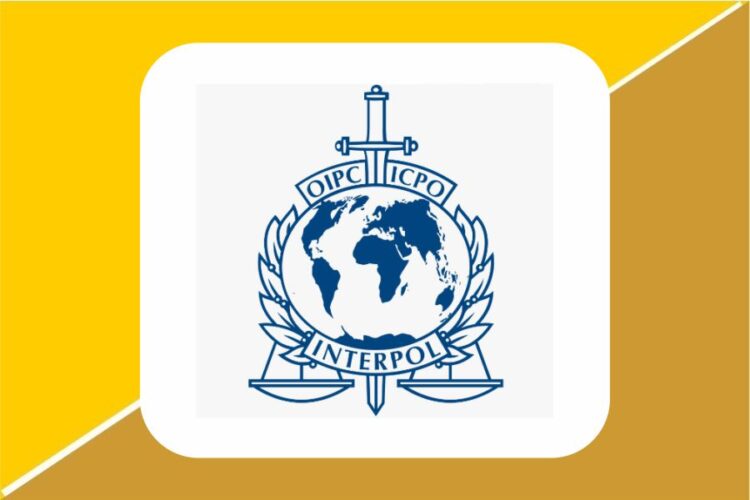In Vienna this week, during the annual global gathering of law enforcement leaders, discussions will revolve around a singular concern: the alarming rise of transnational organized crime. What is widely known within police forces but not yet fully grasped by the wider world is that a global security crisis has emerged due to the epidemic scale of transnational organized crime. Whether grappling with local gang conflicts, the exploitation of children, forced labor, or the deadly impact of a drug epidemic, the underlying issue is transnational organized crime.
It is crucial to recognize that these concerns are not confined to specific communities or countries; they have become pervasive on a global scale. The COVID-19 pandemic has expedited significant societal shifts, especially evident in the realm of transnational organized crime. Criminal groups worldwide are adopting new business models through the dark web and other technologies, abandoning traditional codes of silence for anonymous online connections. They engage in outsourcing, form partnerships, and amalgamate various criminal activities, expanding their markets globally while operating covertly, often evading detection and concurrently eroding the foundations of law and democracy in affected nations.
The landscape is increasingly dominated by cyber-enabled activities, with the growth of online crimes that originate in one country but exploit individuals in another, effectively offering cybercrime as a service at the cost of a simple meal. Vulnerable individuals are incessantly targeted for their life savings through romance scams, fraud, and password hacks. The challenge faced by local and well-resourced police services alike is how to address criminals operating thousands of miles away or anonymously on different continents. No single law enforcement entity, regional coalition, or nation can effectively combat this surge in organized crime independently.
International criminal organizations capitalize on strained relationships between nations, exploit conflicts, and take advantage of the technological disparity between law enforcement and criminals. In a world marked by fragmentation, fostering greater global unity is a formidable task. Yet, without enhanced information sharing, increased collaboration, and equipping every police officer with the tools to identify and combat transnational organized crime, no nation can successfully confront this challenge alone.
Hence, today at INTERPOL’s centennial annual conference in Vienna, the Vienna Declaration will be launched. This declaration seeks to convey to world leaders, on behalf of their law enforcement officers, that addressing the shared global national security crisis posed by transnational organized crime is imperative. Without treating this surge as a collective challenge, akin to a second pandemic, the safety of communities worldwide is at risk.
This crisis demands urgent, coordinated global action, heightened cooperation between countries and regions, and investments in shared technology. Given the precarious state of global security, uniting the world has become an urgent necessity. While the world grapples with challenges such as climate change, geopolitical tensions, and regional conflicts, leaders may be tempted to hope for someone else to find a solution. However, addressing the explosion of transnational organized crime requires collective effort from everyone.
The primary responsibility of a state is to ensure the safety of its people. Without unity in confronting this threat promptly, it will surpass the capabilities of law enforcement and security agencies worldwide.










